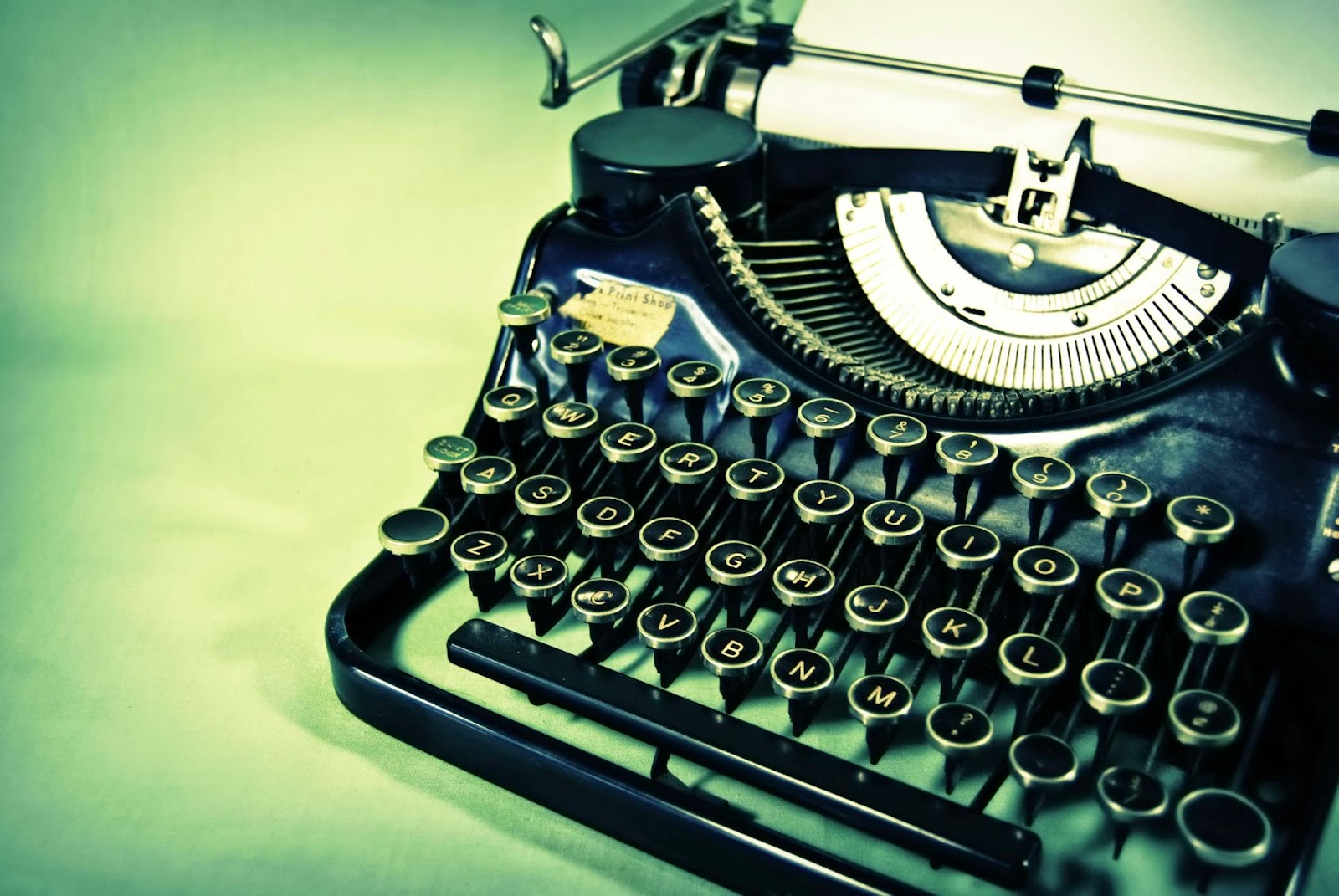I often wonder why writers of an older generation have books that scream at readers with such truthiness. Now, I'm not saying younger folks can't write deep novels (because they can, and do), but those little sparks of talent are rare and have likely been cultivated. Many people tend to take up writing when they're in their late twenties or early thirties.
Why?
Because they've lived it. They have a greater well of life stuff to draw precious words and experiences from. Don't you love sitting and talking with older people? Listening to their stories is like reading a really great book that answers questions you want to ask. A teenager who's lived a normal life (no abuse or bullying or anything like that--you get my point) will find this more difficult.
So why am I bringing all this up?
Today is about emotional triggers. Older folk have more of these to draw on simply because they've been in the world longer and experienced more. Reading about something and feeling/living it are two different things. No matter how engrossed in a book you are, you never really know everything that was going on around the character or in their past. That novel would be like War and Peace. When you live it, you can draw on it more readily.
Don't get me wrong, I'm not saying only older people can do this exercise; I'm saying their lists will be longer--and probably easier--and that's okay. I just don't want you to be daunted or frustrated if you have nothing for a particular item. This could open up an opportunity for you to talk to someone else and listen to what they have to say about the emotion.
Exploring your character in depth like this can lead to a more rounded individual on the page. Heck, this may help a younger generation of writers hit that ever-elusive personified character we all strive for. Either way, it'll help you get to know your MC.
There will probably be more than one answer for each of these, but try to think of just one the first time through.
Here's the list:
- Shame - When did the character feel shame? Why? How has it shaped them?
- Joy - Yup, that moment when they felt they could fly without wings. What happened afterward?
- Fear - This is a big one because it fuels a lot of the ways we perceive ourselves. Insecurities can arise from fear. What change did it cause in your character?
- Guilt - Another big one. Carrying around guilt can cause your character to react a certain way in a specific situation. How heavy is the burden? Will they ever admit it?
- Love - When did they feel it the first time? How did it shape their perception?
- Failure - Will your character give up after a huge let down? What was it and how did they push through?
- Courage - What were they facing when they showed courage? Did they succeed or fail? How did that shape them?
- Forgiveness - There's always that one screwup. Who was the forgiver? Did it make the character stop and think about holding a grudge with someone else later on?
- Rage - How did they internalize it? Did they? What were the repercussions if they acted out?
- Indignation - Someone pushing the character to do something they refuse to do? What prompted it? Why didn't the character take part? Moral code?
- Sorrow - Profoundly. Stemming from death of a loved one. How did they deal with it?
Have you ever done an exercise like this? How did you fare with this one?
Well, that's all for today, folks! Until next time, WRITE ON!
Jo





































